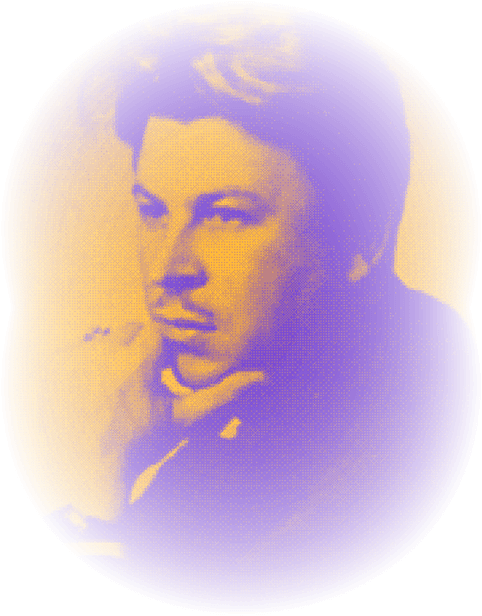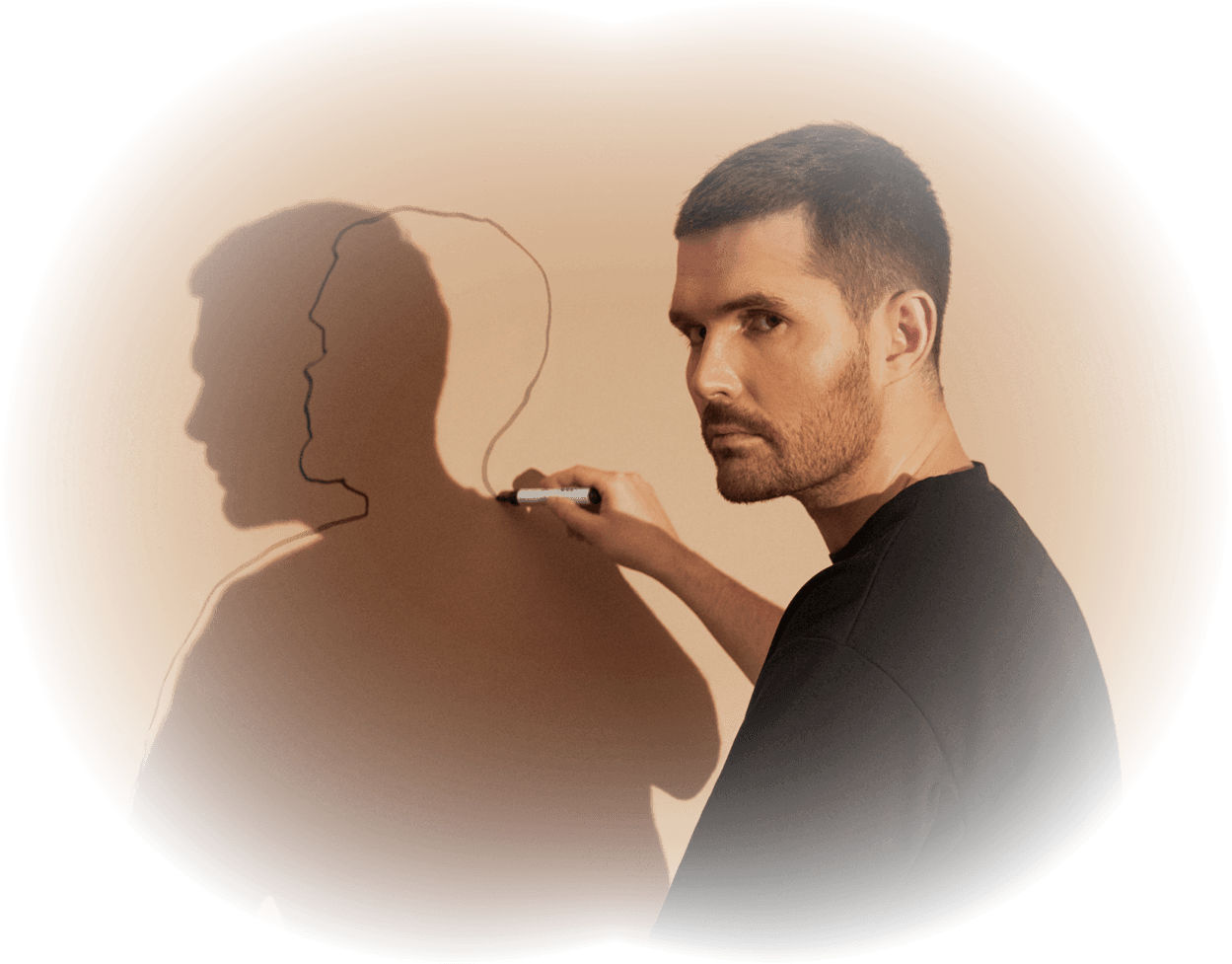
Sergei Bongart did not do well in school, but he discovered a talent for drawing — and his father insisted on art classes, which led to the Kyiv Art School. His friend, notable poet Ivan Elagin recalls this period (In Memory of Sergei Bongart):
Seryozha, we’re in Kyiv, in a dark apartment.
We met here some time ago.
There are jacket potatoes on the old newspaper,
And some bitter drink in the mugs.
He was not able to finish art school because of the war. Sergei became an orphan: his mother died in the Holodomor; his father spent years in Stalin’s camps and came back terminally ill. There was no one left to lose, and Bongart fled occupied Kyiv in 1943 — we don’t know how he managed it:
We grew up in years of such turmoil
That entire countries were swept out of the way,
And you left us bunches of lilacs,
To bloom and bloom and bloom.
(Ivan Elagin, In Memory of Sergei Bongart)
The war and the division of the world caused the Second Wave of Russian emigration. The poets meet in postwar Europe and publish a joint collection of their poetry, Poems, illustrated by the artist Bongart, where his poems are presented for the first time.
Having miraculously escaped forced repatriation, Sergei Bongart immigrated to the United States and soon gained fame as an outstanding art teacher. He bought the studio house of the painter Nicolai Fechin in California and opened his own school there.
Bongart’s distinctive temperament is hard to miss in both painting and poetry. He considered creative emotionality to be of great importance. “Every painting should be based on feeling... Without feeling, the work is dead. Paint by feeling”, he admonished his students at the art school. One can almost say with certainty that if he had a poetry school, he probably would be telling the same thing there. (poet Valentina Sinkevich)
His charisma, multiplied by his talent, attracted many star students. Sergei Bongart was considered an influential American artist, and he saw himself first and foremost as a painter, believing he had no right to pray to two gods at once. He returned to poetry in the late 1970s, putting together a poetry collection with the help of his longtime friend Ivan Elagin.
...The heart fails to let go
Across time and space,
I still cry out,
“Russia,
My land, my sorrow!”
Sergei Bongart died in Santa Monica, California. His book came out twenty years later. Before that, he had managed to open his second studio, which he called Kyivshchina...
Autumn in California is like autumn in Kyiv,
If only it weren’t for the tide...
Noize MC|Noize-MC

There in that bookstore,
Where the distracted bookseller
Withers on the worn-out counter,
Russian Parnassus scattered.
Books are standing in rows,
In a dark corner, bored,
Untouched by years,
Next to halvah and tea.
Never sold until now
The bitterness of the Russian soul.
This one bawled in Berlin.
That one wailed in Vichy.
This one is an untitled poet.
That one is a titled duke;
The duke put pen to paper
Back in exile out of boredom.
The pages turned to dust,
The poet’s name has faded,
The lyricist passed away in Nice,
The novelist in Belgium somewhere.
Fame rarely pleased them,
No statues have been raised to them,
No medals hung around their necks,
No wreaths on their bald heads.
We lived dreaming of a miracle
To come back to life through poetry!
Only poems are like human beings.
Very few can live forever.
Many are no longer with us
In the ringing blue of May.
There were lilacs in the cemeteries.
Blossomed, as they did in Russia long ago.
The bookseller is asleep behind the counter,
Snoring softly.
There’s tea and a dead fly
In his plastic cup.
Through the window, shyly,
Through the dirty window-frame,
The muddy sun comes
Into this worldly gloom.
The bookseller sleeps, he cannot hear
That mice have bitten the satirist,
They’ve eaten the novelist,
And now they’re eating the lyricist.